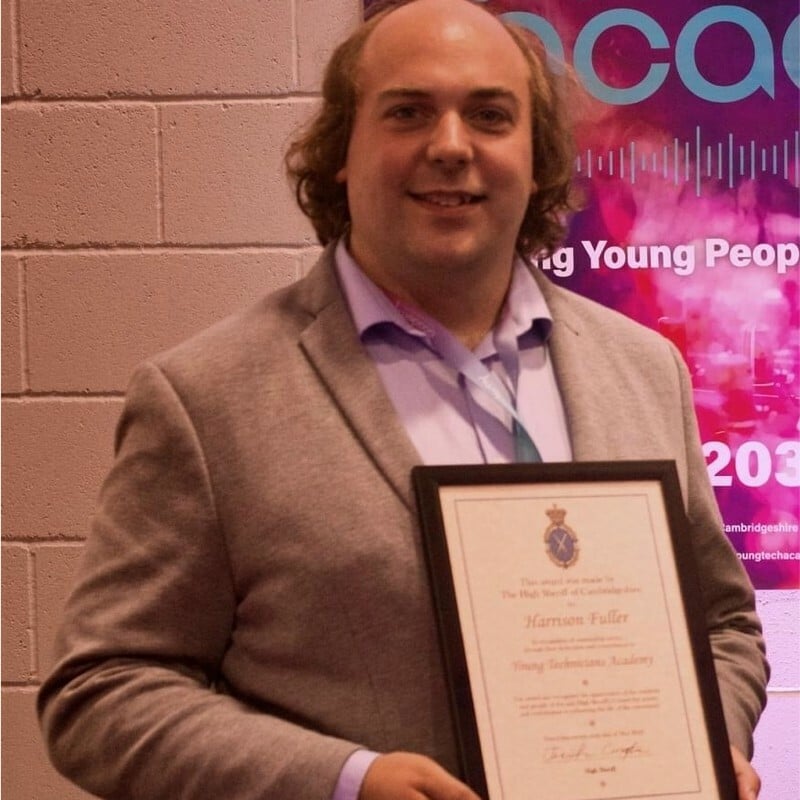Ticket Touts: Supply and Demand or Deceitful and Dishonest?
Published on 8 February 2017
The secondary ticket market for shows which become sold out for their entire run is an emotive subject. Elton John and Cameron Mackintosh are two names that have recently highlighted the issue and, along with the producers of Harry Potter and the Cursed Child, have taken active steps to protect their audiences. But what is it they are protecting them from?
Jez Butterworth’s The Ferrymen, currently playing at the Royal Court has sold out well in advance. There are no tickets to be had from any of the licenced ticket suppliers except the rare returns. This is a similar tale to his 2009 play Jerusalem, which saw people queuing over night in the hope to get hold of a ticket.
This ‘golden ticket’ effect is once more gripping theatre goers, all keen to be part of the exclusive few who have managed to see one of the most talked about productions this season. For most, we have to suffer the disappointment of missing out on a piece of modern theatrical history but for others, it has become an opportunity to exploit.
For this sold out production, there are tickets currently available on a ticket exchange/resale website (owned by eBay) for up to £300 per ticket with the face value being a fraction of this price. These tickets I mention are for row B of the balcony, the furthest bar one row away from the stage as you can get.
So why do people sell them and why do people buy them?
As a collective, we should just simply stop using these channels used by ticket touts and not allow them to take advantage of people's love of theatre. The reason they exist is to feed peoples need to be in that exclusive few and, sadly, people will pay for it whether or not they are theatregoers. It makes theatre into a society commodity. No longer is the art valued, the performers revered or audiences respected, but for that minority, it becomes something to brag about at the dinner table the following weekend or something to use to impress a client or partner. As for those selling them, they are no friend of the theatre-going community.
Who loses out?
We all do. People who want to go to theatre miss out on genuine tickets and spaces in the auditorium. People who pay the inflated price lose out; paying £300 for a ticket that should be around £15. The honest licenced suppliers lose out. The extra money made on these tickets doesn’t go back to the companies servicing the theatre company, to the actors or the playwright. The theatres need its patrons to support it and purchase tickets through their licenced partners to keep the flow of new work and maintain the wonderful institution that it is. It is with the good fortune of immense successes such as The Ferryman that bring in the much-needed revenue.
What should you do?
If you have a spare ticket or are unable to make a performance, ring the agency which you purchased from and see if they can alter the tickets for a different performance. If not give them to a friend; don’t see them go to waste. If you would like to make your investment back, what you paid originally is the correct way to do it. Anything more is profiteering.
Part of the beauty of theatre is the fact its ephemeral. Theatres only hold a certain amount of people and so once the production is gone, it’s gone. There is no more. Try and get hold of a ticket from a licenced ticket supplier (I imagine their returns list is extensive) but it’s worth a shot – and it's ethical. You will also feel far more satisfaction watching The Ferryman knowing you weren't overcharged by hundreds of pounds, in the right place and didn’t simply buy your way in.
The buzz created by The Ferryman at the Royal Court mean that next time there is a play on by Jez Butterworth I will be first in line to get my ticket from a licenced supplier such as London Theatre Direct, not a secondary website once the show has sold out and options are limited.

By Harrison Fuller
Theatre manager, writer, maker.
